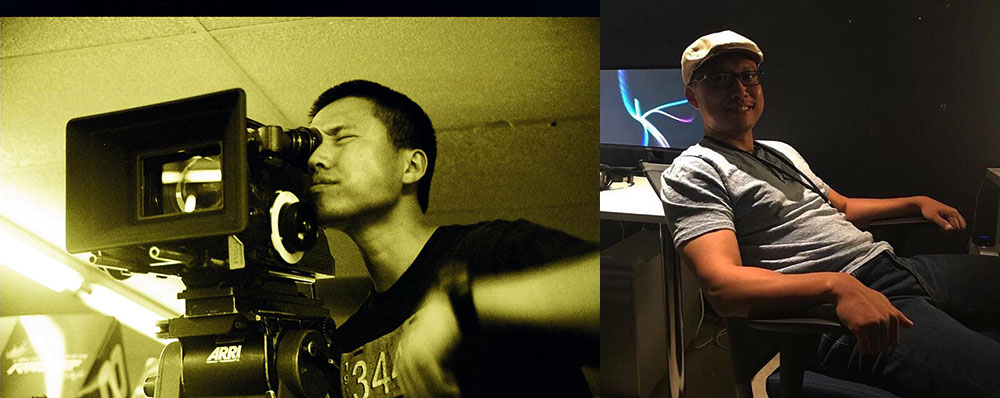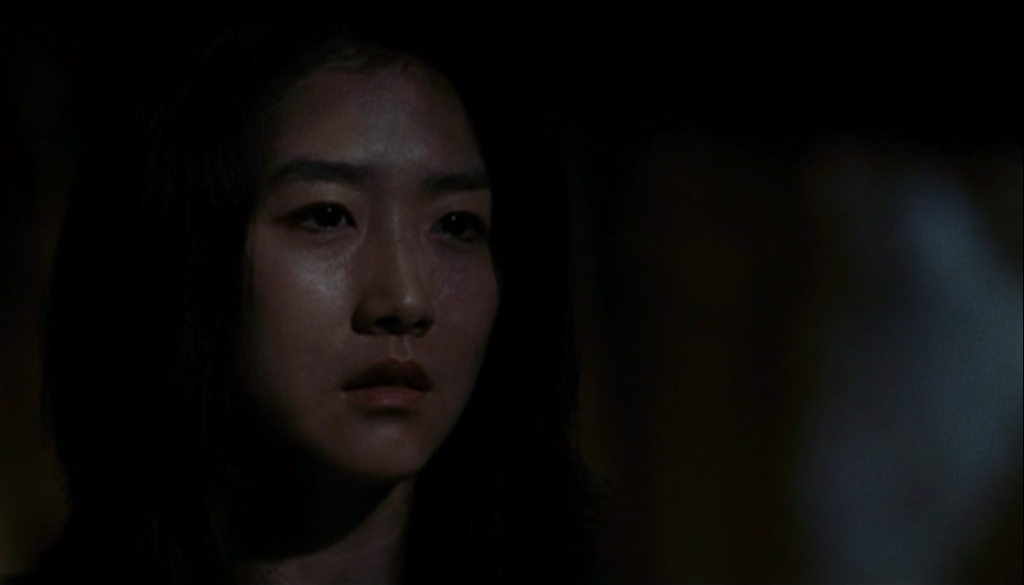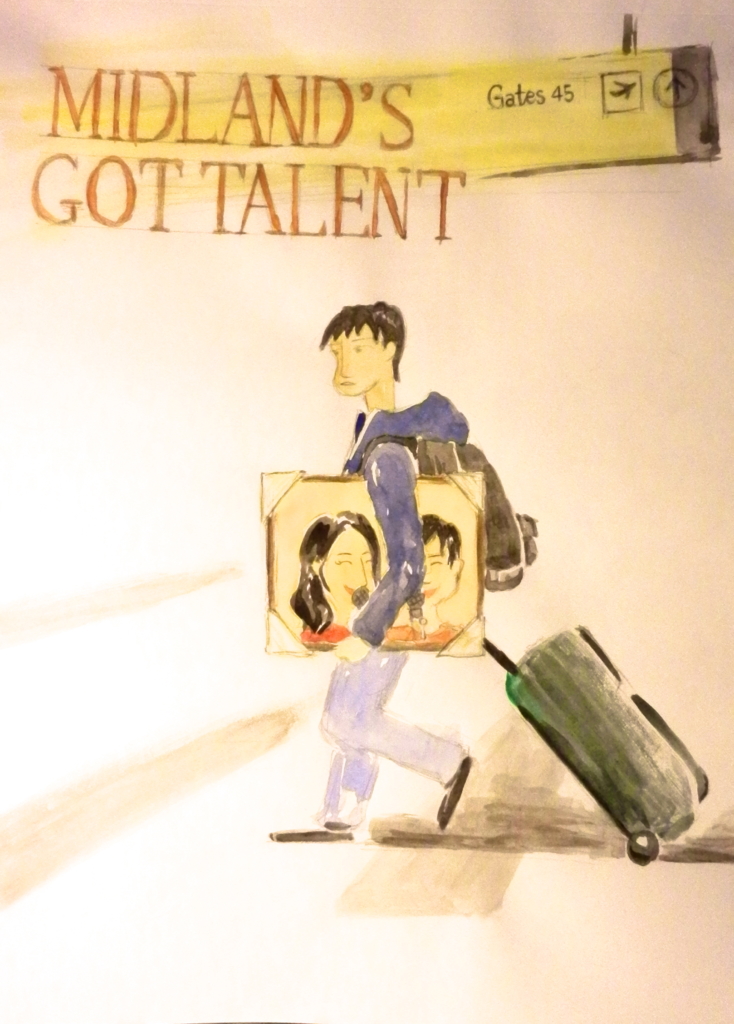
CHOPSO interviews Chinese immigrant filmmaker Z. Eric Yang whose collection of award-winning short films are streaming on CHOPSO.
C: From China’s Tangshan to Hollywood, how did you get into filmmaking?
It was a combination of a couple of things. When I was growing up in Tangshan, an industrial city less than 100 miles from Beijing, there wasn’t a lot of entertainment content produced in mainland China and I spent enormous amount of time watching TV shows from Hong Kong. Then, around the time when I became a teenager, they started producing more shows in mainland China. The different styles of storytelling in Hong Kong and mainland China intrigued me, and I became fascinated in the how those stories unfolded on the screen, and how I would’ve told them.
But the decision to come to America to study film came a number of years later, after a basketball injury forced me to be bedridden for almost a week. I watched a number of American movies, and they convinced me that if I wanted to study filmmaking, I would go to the US where some of the most amazing filmmaking techniques were invented.
Because my undergrad major was in Materials Sciences, I wasn’t able to come to America on a student visa in Film Production. Instead, I came as a grad student in Ceramics Engineering. During the spring break of my first year, I took a greyhound bus from South Carolina to Tennessee to convince the faculty of the film program at University of Memphis, in broken English, that I could work as a graduate assistant by teaching Public Speaking to American students. Amazingly, they offered me the assistantship. I enrolled in the program and began my filmmaking journey the next year.

C: What’s the inspiration behind “State of Sunshine?”
It was inspired by a news article my mom sent me during my second year in film school at Florida State when I was struggling to come up with a story for my thesis film. The article was about a pair of siblings in China who had left their abusive parents and lived on their own, and the younger brother was forced to work as his sister’s pimp to make a living. Having interacted with a number of illegal immigrants in the US, I thought such a heartbreaking story could very well happen to them right here in America. The story morphed into something very different over the writing process, but it’d all started from that news article and remained faithful to its tragic tone and glimmering sense of hope.
C: Winning a Student Academy Award and Director’s Guild Award and being a Sundance fellow, how did it impact your career?
I went to the MFA program at Florida State University Film School with the intention to teach after I graduated, because teaching would be the most realistic way to legally stay in the US and become a US citizen. But making “The State of Sunshine” triggered my passion for telling stories that I cared about, and getting those recognitions gave me the confidence to do that. Ironically, I still had to teach after I graduated because of my immigration status and during the 6 years of teaching, I wrote a number of screenplays, one of which was supported by Sundance.
C: What happened to the Sundance work-shopped project “Midland’s Got Talent?”
“Midland’s Got Talent,” tells a story very close to my heart. It’s about a Chinese young man’s journey of discovering his new identity in America during the pursuit of his lost love. I was extremely fortunate to have the support from Sundance Institute’s Feature Film Program. I received invaluable notes from my mentors on the script and some grant money to help me develop the project.
Like any independent film, getting the project funded has been a rollercoaster journey. I teamed up with a producer from Beijing, who had gone to school in the States and had a strong personal connection with the material. We got the interest from a production company in China and a pop star/actor to play the lead. At the time, I was still teaching in Arkansas, and once the deal was finalized, I asked for a leave of absence for a full semester to focus on the film. Unfortunately, things went awry the last minute. The pop star got an offer to star in a big reality TV show and refused to commit to the project, and the investor pulled the funding after we lost him.
With my substitute teacher already in place, I decided to take a leap of faith and moved to Los Angeles, now that I finally had my permanent residency in the US.
C: What are you working on now?
Right now I’m working on a documentary called “Reaching for the Stars.” It’s about how the passion for preforming and storytelling drives Asian-American actors in Hollywood in spite of the obstacles and lack of visibility in the entertainment industry. Working with the acclaimed independent filmmakers Quentin Lee and Koji Steven Sakai, I’m interviewing a wide range of Asian-American actors including some of the top talents in the film and television industry. We are also going to follow a selected few Asian-American actors as they navigate through their daily lives in Los Angeles, and tell their personal stories in such a competitive and sometimes biased world.
https://youtu.be/mvOnaZIelvc


